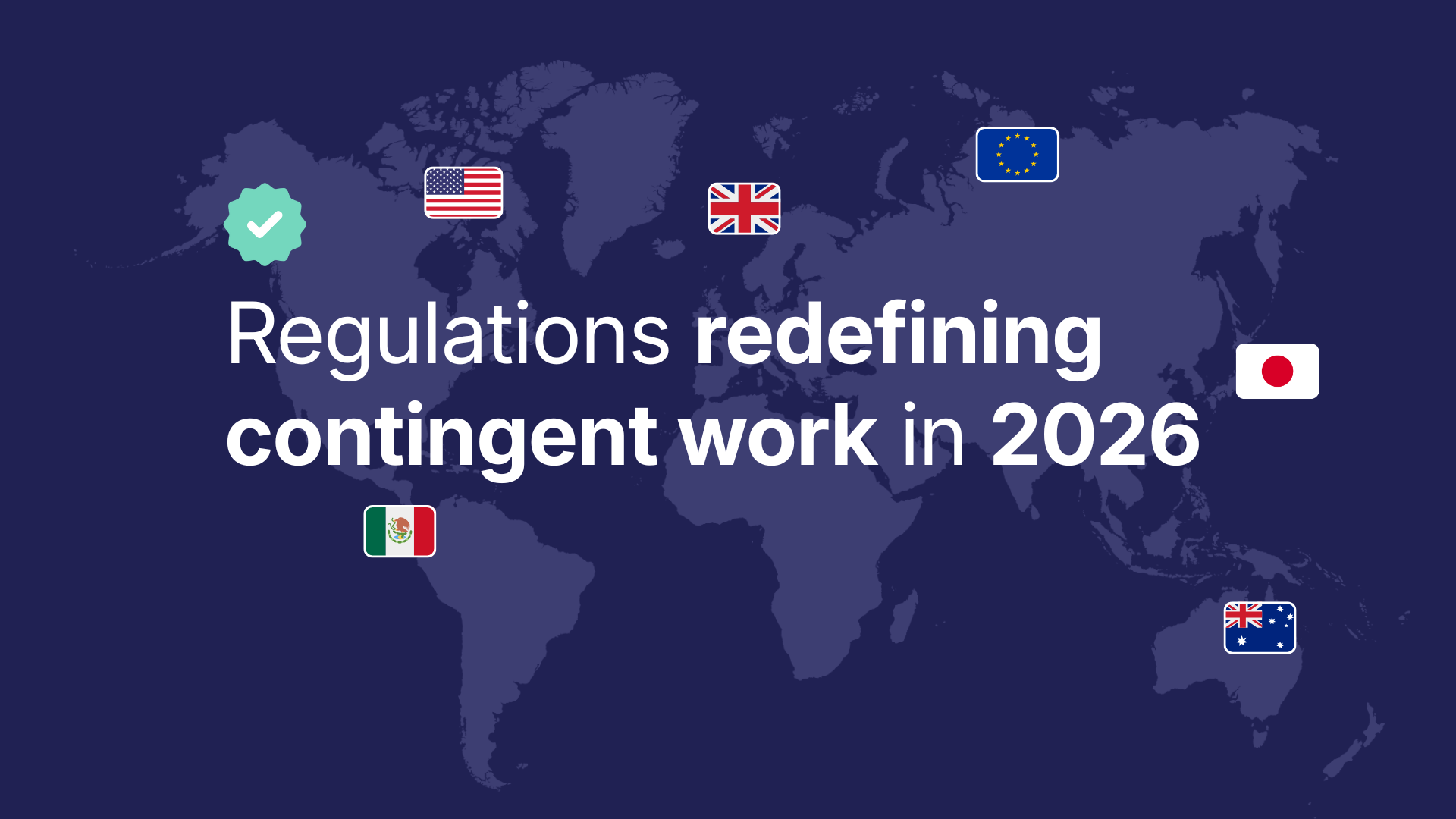Since March 2020 the majority of UK businesses have had to switch their typical working models to adjust to their workforce working remotely. As lockdown restrictions lifted in 2021, many businesses have kept the work from home benefits - but why?
We explore why many businesses have recognised the benefits of remote working both for their employees and business, and why 50% of the UK’s workforce are set to stay remote.
Why remote work is here to stay
As lockdown restrictions lifted and social distancing relaxed, it was clear that working remotely was here to stay with more businesses than ever before opting to let their workforce work from home. Businesses that can offer their employees a more flexible working approach have seen a notable difference in their teams which is supported by data from the UK office of national statistics.
According to their recent data, 50% of UK businesses are keeping their work from home policies for their teams which is a big jump from just the 29% recorded in 2019. With more businesses than ever choosing a more flexible working approach, we take a look at the benefits of working remotely.
What are the benefits of employees working remotely?
Whilst every business is different and working from home doesn’t suit everyone, more businesses are recognising the many benefits of having a remote workforce. These include:
- More productivity - Employees are far more likely to feel motivated and enthusiastic about their daily job if they haven’t had to commute for hours to get there! Having the opportunity to get outside, work in their own clothes and sit where they like in the house has had a direct impact on motivation in the workplace which leads us to...
- Better work/ life balance - The better balance is one of the bigger benefits everyone is noticing as more people have the time to do things they love too. Cutting out the commute has meant more people can dedicate some time to themselves in areas such as fitness or mental health before they start work and with flexible hours being introduced, suddenly the work/ life balance is balancing out.
- Reduced operating costs - With your workforce at home, the costs of running an office everyday are significantly less. Businesses are able to streamline offices, cut costs on property and use technology to keep everyone in touch and communicating.
- Better for the environment - With less people travelling to and from work, the impact on the environment is far more positive and with the government driving businesses to reduce their carbon emissions, having a remote workforce helps businesses meet these.
- Health and wellbeing - With more people working from home, businesses have noticed fewer sick days with their teams too as many of us can cope sitting in bed answering emails and are less likely to sign off sick. General health has also been better with less office colds and sniffles spreading and more time to focus on health and mental wellbeing. Remote work teams are healthier and happier.
Some of the best jobs to work remotely
With the benefits in mind, if you’re looking for a new opportunity or want to explore working remotely there are a few things to watch out for in the job descriptions that means the role is remote. Some of the best roles that are home-based are of course freelance and contract roles, but many more employers are now advertising their roles as fully remote or flexible to reflect his big shift in working.

The industries that have made the biggest move to remote working include IT, marketing and even estate and letting agents whose jobs were traditionally more office-based. We know it’s not possible for all jobs to stay remote and roles like teachers and scientists have gone back to being office based, but it’s a promising shift to see 50% of all UK businesses making the positive move to remote working.
If you’re exploring a remote workforce or want to understand how to extend your workforce with freelancers, why not speak to our team today and find out how YunoJuno can help you make the seamless shift.







